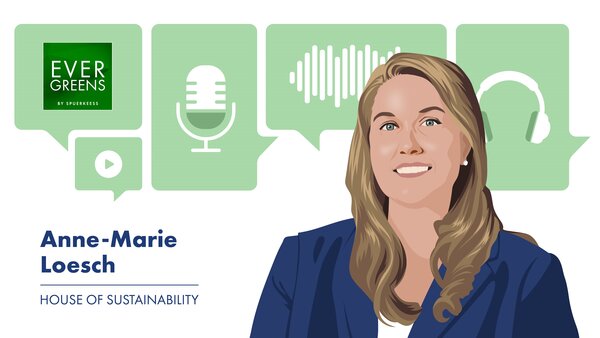5 useful tips:
1. Analyse the current situation: Based on internal or external expertise, evaluate the environmental and social risks in your value chain (e.g., dependence on fossil resources, critical materials, critical regions) and your maturity level to tackle them.
2. Define a strategy aligned with state-of-the-art standards and guidelines: Upcoming directives, such as the corporate sustainability due diligence from the European Commission, should be considered to anticipate future legislative constraints.
3. Identify the levers of action for your operations: They can include the reduction of energy consumption, health and safety procedures or soft mobility incentives compatible with good working conditions.
4. Consider sustainability criteria for procurement and investment: Consider labelled products but check the criteria comprehensibility and their verification and control means. You can also create procurement criteria that your suppliers should comply with.
5. Rethink your business model: The sustainability of your products and services will increase the company resilience, e.g., by considering shorter transport to customers, energy efficiency of use, durability, reparability, consumer safety, impact on the local community…
![[Translate to English:] [Translate to English:]](/fileadmin/_processed_/4/4/csm_alexandra-kugener_7694260efa.jpg)

![[Translate to English:] [Translate to English:]](/fileadmin/_processed_/f/2/csm_michel-marx_54d2966b86.jpg)
![[Translate to English:] [Translate to English:]](/fileadmin/_processed_/f/7/csm_arnaud-duban_87d7d42d9b.jpg)

![[Translate to English:] [Translate to English:]](/fileadmin/_processed_/4/7/csm_438_EXP_Julien_Kohn_Spuerkeess_9001fc61ae.jpg)
![[Translate to English:] [Translate to English:]](/fileadmin/_processed_/c/3/csm_437_EXP_David_Schmit_Spuerkeess_6beedf10c9.jpg)
![[Translate to English:] [Translate to English:]](/fileadmin/_processed_/6/7/csm_433_EXP_Francesco_Ferrero_LIST_31171ca1b1.jpg)
![[Translate to English:] [Translate to English:]](/fileadmin/_processed_/d/1/csm_434_EXP_Nicolas_Griedlich_Deloitte_f84788af86.jpg)
![[Translate to English:] [Translate to English:]](/fileadmin/_processed_/0/d/csm_435_EXP_Rachid_M_haouach_Spuerkeess_6aout25_4132487c59.jpg)


![[Translate to English:] [Translate to English:]](/fileadmin/_processed_/9/7/csm_426_EXP_Romy_Reding_Spuerkeess_28mars25_f6a6df7a8f.jpg)